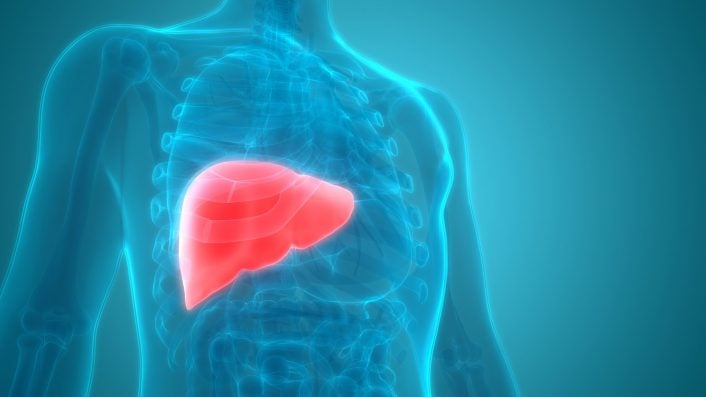
What is it?
Healthy livers have very little or no fat in them. But if you drink too much alcohol, or eat too much food, your body deals with the excess calories by turning some of them into fat. This fat is then stored throughout your body, even within your liver cells. When the fat in liver cells builds up over time, it causes fatty liver disease. Fatty liver can increase the risk of developing:
- Liver scarring (cirrhosis)
- Diabetes
- High blood pressure
- Cardiovascular events such as heart attack or stroke
- Some types of cancer
The good news is that fatty liver disease is reversible.
What will my GP do now?
Your GP may encourage you to:
- Lose weight and increase physical activity (avoid rapid weight loss as it can worsen liver damage)
- Avoid saturated fats, simple carbohydrates, and sweetened drinks
- Keep your blood sugar levels within your target range
- Reduce any cardiovascular risks such as smoking, high blood pressure, high cholesterol
- Stop drinking alcohol
If you are overweight, your GP will recommend a weight management program. The goal is to lose weight gradually (around 0.25 to 0.5 kg per week) until you reach your ideal weight for your height and ethnicity.
Your GP may refer you to a dietician or to the Get Healthy Information and Coaching Service (see ‘What supports are available?’). If your condition is more serious, your GP may refer you to a specialist for care and treatment.
What will my GP do in future?
Your GP will want to see you every 6-12 months, depending on your risk of liver damage. They will continue to monitor your liver function (blood test) and weight. They may also check if you have any symptoms of liver problems, including:
- Nausea or vomiting, including vomiting blood
- Loss of appetite
- Abdominal swelling
- Easy bruising
- Spider-like veins in the skin
- Low energy or weakness
- Muscle loss
- Weight loss
- Confusion
What can I do?
- Follow any dietary changes recommended by your GP, dietician or health coach
- Get active; your GP may recommend certain types of regular activity to suit your circumstances
- Take your medication as prescribed
- Avoid drinking alcohol and smoking
- Have regular check-ups with your GP
